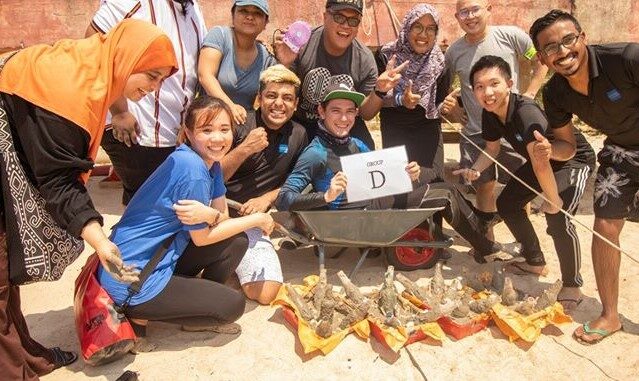
Conservation is one of the most in-demand industries at present. I have been lucky enough to be working in conservation and ecotourism since 2005, and I would now like to share some of my tips. I can’t think of anything more satisfying than helping people to start a career in conservation which is often their passion.
Over the years, through our organizations Fuze Ecoteer (formally known as Ecoteer), we have been able to help place over 3,000 long term internships and many short term voluntourists.
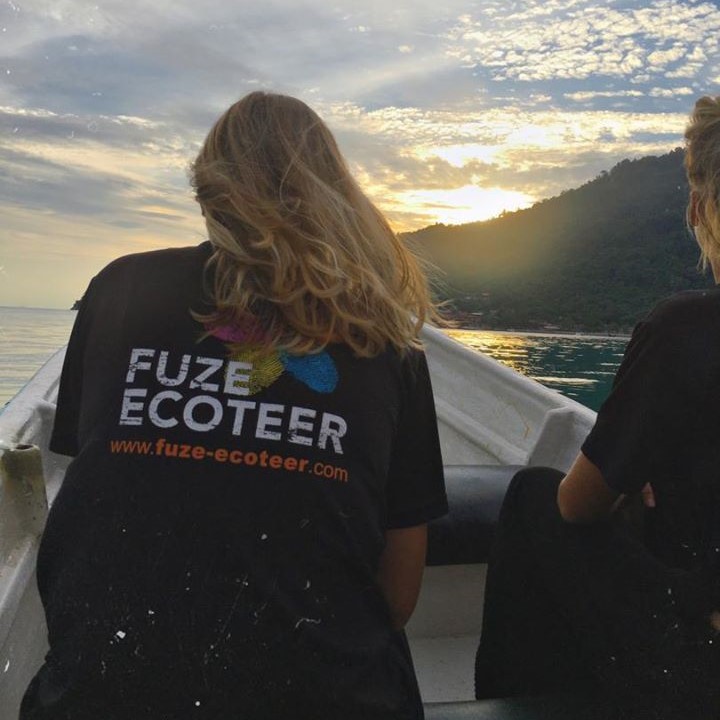
Travel Supporting Conservation Efforts
Firstly, I think it’s important to remember there are many types of careers in conservation. Conservation is a VERY broad industry and one normally with lots of people with passion who lack some skills. Conservation work could be with an NGO, university research group, government department, social enterprise, tour company, hotel, and even within a corporate these days.
If you are a student or a career break person, there are many ways to start your career. If you don’t have any formal biology-related qualifications, don’t worry, conservation organizations badly need people with skills and experience in photography, videography, online marketing, fundraising, social media, accounting, salespeople, SEO, psychology, and law.
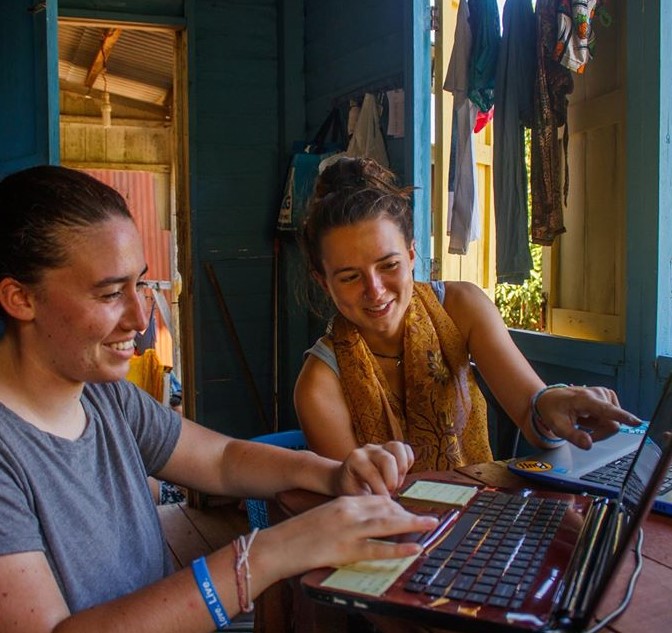
In fact, in Malaysia, quite a few of my contacts in WWF-Malaysia started with a degree in law or human-related like psychology. The most important thing to remember is to develop auxiliary skills that these conservation organizations need. For example, if you want to get into field-based positions in coral reef or seagrass biology, you need to take your PADI courses until at least Divemaster.
You can find several dive centres worldwide that will give you a free divemasters course in return for working for them. If you want to do online marketing for conservation, there are a few online courses, such as this course with Malaysian Wildlife. You can even do a course designed to help expedite your career in conservation and provide a few free videos to help get you on your way.
Start with a Conservation Travel Internship
Ok. So once you have a few different skills to offer, you need to know where to look. I recommend you do an internship first. Internships are crucial. They will give you some experience, but most importantly, they will give you a chance to develop your network.
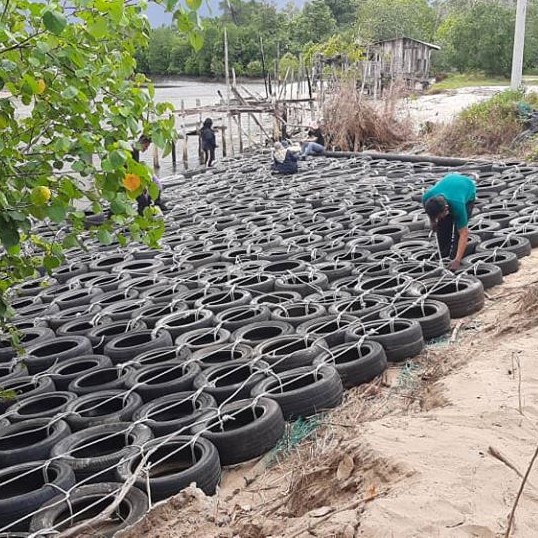
Believe it or not, the conservation world is VERY small. If you do well at your internship, you will get a good reference letter from the organization. Then ask them if they could inform you when they hear of any positions. I have personally helped recommend about 15 of our ex interns who managed to get the job I recommended them for.
Also, ensure you do an internship for a minimum of 6 months. This will really allow you to benefit the organization and build a big network. I will talk later about making the best impressions when you are on an internship in a minute. So where do you look?
There are several websites you can look at. However, it depends on what sort of thing you want to do. Here are a few of my favourite sites I often recommend when looking for conservation travel internships and jobs.
- Ecotourism related jobs
- Marine conservation-related internships and jobs
- Conservation careers
- Conservation Jobs and Internships in Asia
Networking is very important
You have got your position. Well done. You are on your way to your first taste of a career in conservation. So you should try and prepare as much as possible, facetime, and zoom with the org as much as possible to really understand your role. You can also do some reading up on the area and subject to help you hit the ground running.
Once you arrive, it is normal to take you a week or so to settle in. After that, get stuck, show your passion and eagerness. Also, this is very important, show that you are a good housemate. Help with the chores around the house and be tidy and clean. I can’t reiterate this enough.
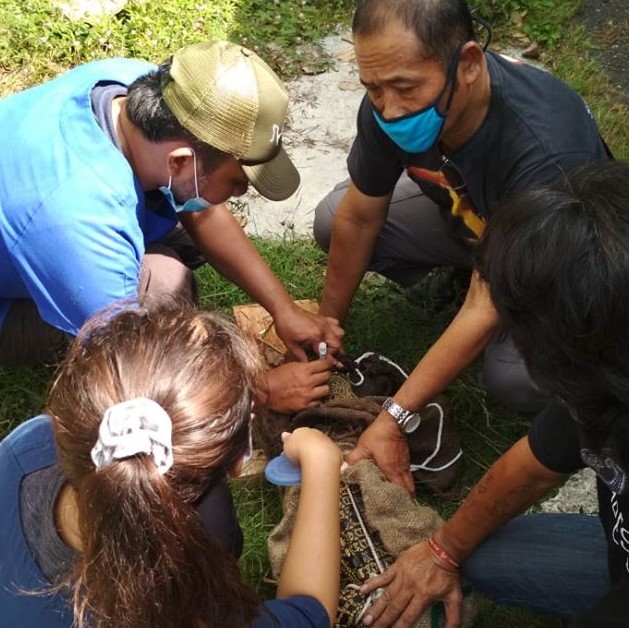
When I tell our team what to look for when deciding which interns to pick, I tell them to take the team they think will work best together. It’s not about knowledge, but how people get on, a happy house is a productive house.
It will get intense, as, with many organisations and us, you will live and work with the same people, esp if you are in a remote research station. If people are happy, they will then perform well. This is something I always get asked when I provide a reference for someone. The employing org will always ask me what are they like as a team player and housemate.
Keep an open mind
Another important thing to remember, things aren’t always so black and white. You may see things you may disagree with, especially when you work with small, locally run organizations.
For example, many turtle organizations around the world keep sea turtle hatchlings for release with tourists. Ethically it’s not the best thing for the turtles, as they should be released as soon as they hatch. However, if that didn’t happen, what the alternative would be?
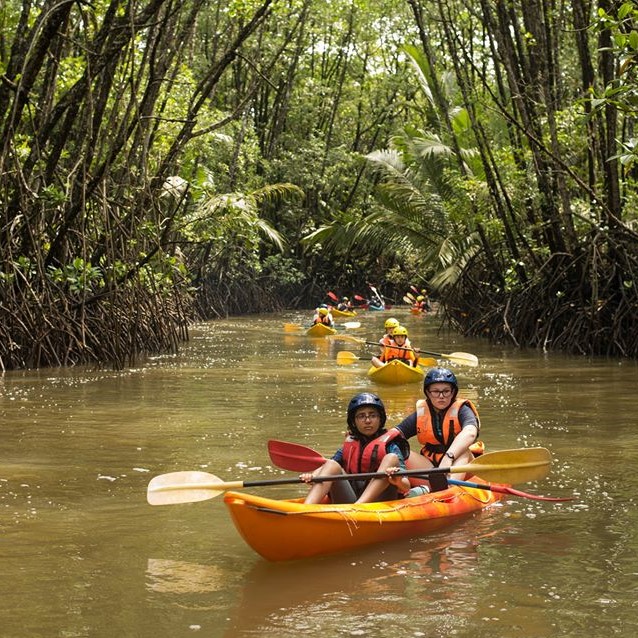
Ultimately, a lot of the money to run the project would come from these programs. So, if it didn’t happen, it’s likely that all those eggs would be sold to the market and eaten rather than incubated and hatched. So which is better?
Embrace cultural diversity
Cultures are often different if you are going abroad. Respect the local culture, remember you are there for a short period. However, the organization is there for probably eternity. There is a saying it takes years to develop a good reputation but 5 seconds to destroy.
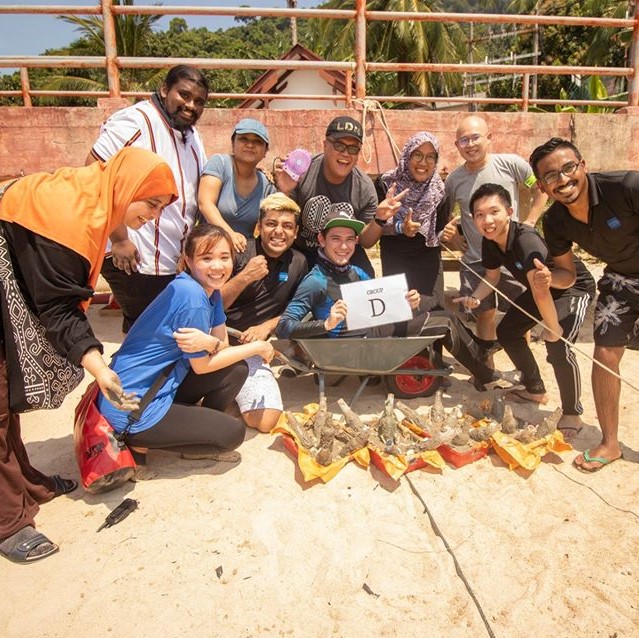
Always think about how your actions may impact the organization. We have had a few cultural issues with interns while working with a school. This resulted in the school not wanting to work with us. These relationships take a long time to build and repair.
Remember how your actions could affect things after you leave.
Starting a career in conservation is going to be harder than you think
So, you have done a great job in your internship and got a range of different skills and a good network. You are further establishing your roots in a career in conservation. Now it’s time to look for your first paid job. Be prepared, this may take a while, and you may need to find another internship whilst looking.
Remember that if you want to find a conservation job in a country where you need a work permit, it will be harder. Get in touch with your ex-managers and organizations, look online, and continue to build that network.
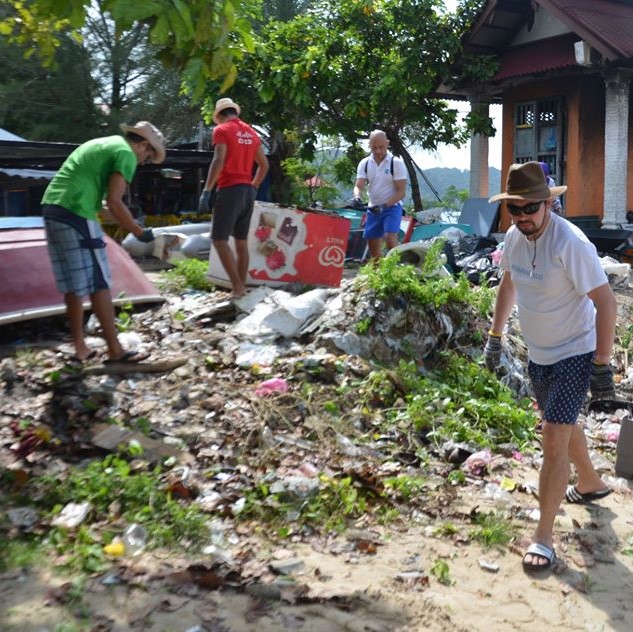
A tip for gaining work abroad is to actually look at organizations with an office in your home country but work in other countries. That way, they can employ you officially in your home country and get you a volunteer visa for the placement country.
A good example of these are the larger voluntourism conservation organizations such as Blue Venture, Coral Cay, or even look into youth sending organizations like World Challenge and Bunac.
Don’t put all your eggs in one basket
A final tip I would suggest is developing an alternative remote income. Conservation doesn’t pay well. It’s a passion industry that is better at spending money than generating money. The wages are low, and cash flow can be an issue.
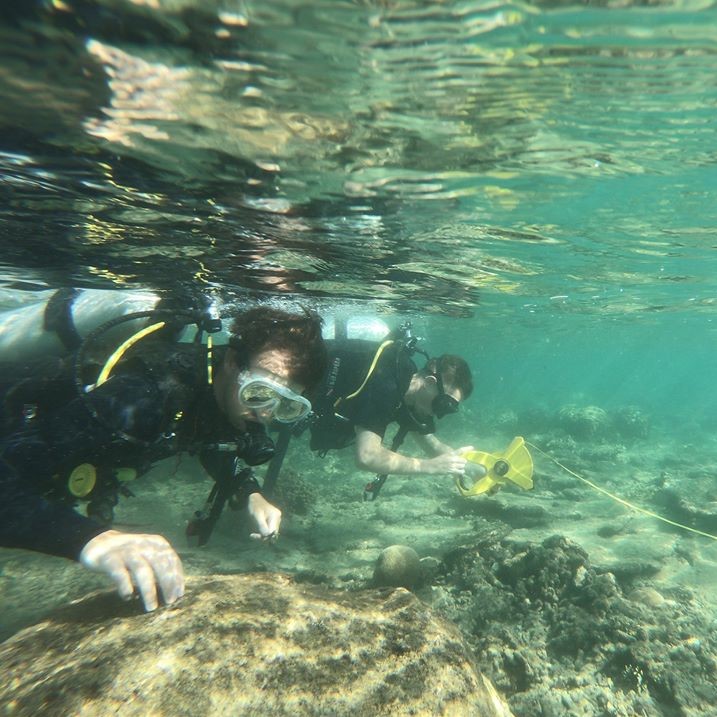
So, develop your skills as a freelancer or online become a travel blogger, freelance photographer, Scuba Divemaster/Instructor, or expedition leader. This will help to pay the bills between jobs or to top up a low wage.
How to Contact Fuze Ecoteer
I really hope this has helped you in your consideration of a career in conservation. If you have any questions, no matter how small, I am always happy to provide you with more specific advice. Please drop me a message – daniel@fuze-ecoteer.com
You can also check our website here.
True Travellers is always adding new opportunities in the conservation travel field. Check out our latest opportunities.
Enjoyed this post? Pin it!
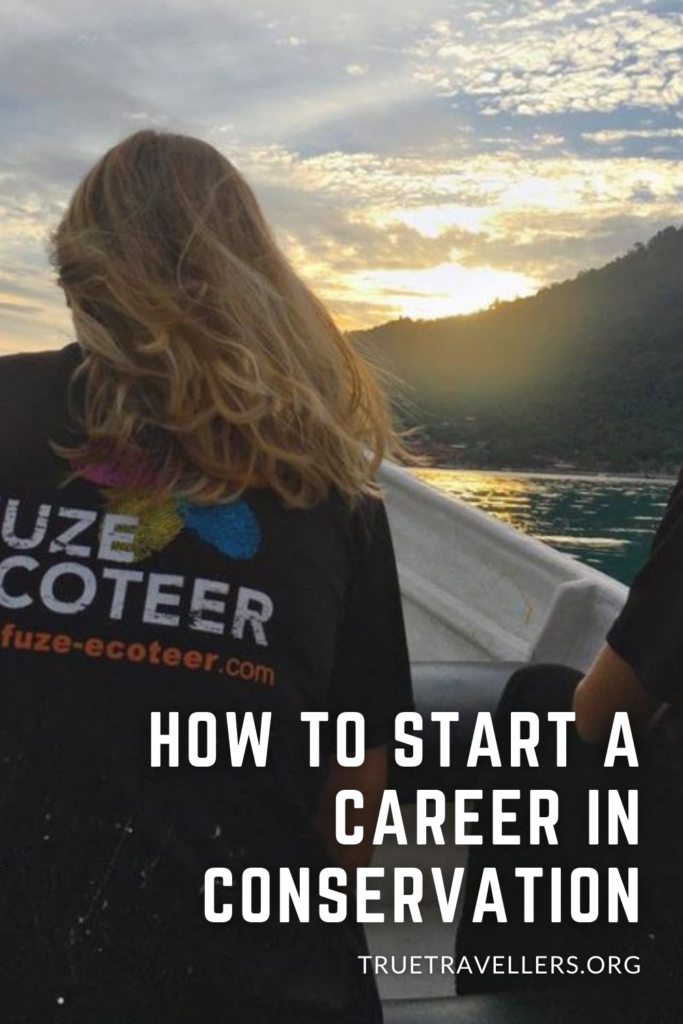

Lots of excellent information in here Daniel. I like the tip of working towards a divemaster certification. Great way to save some cash.